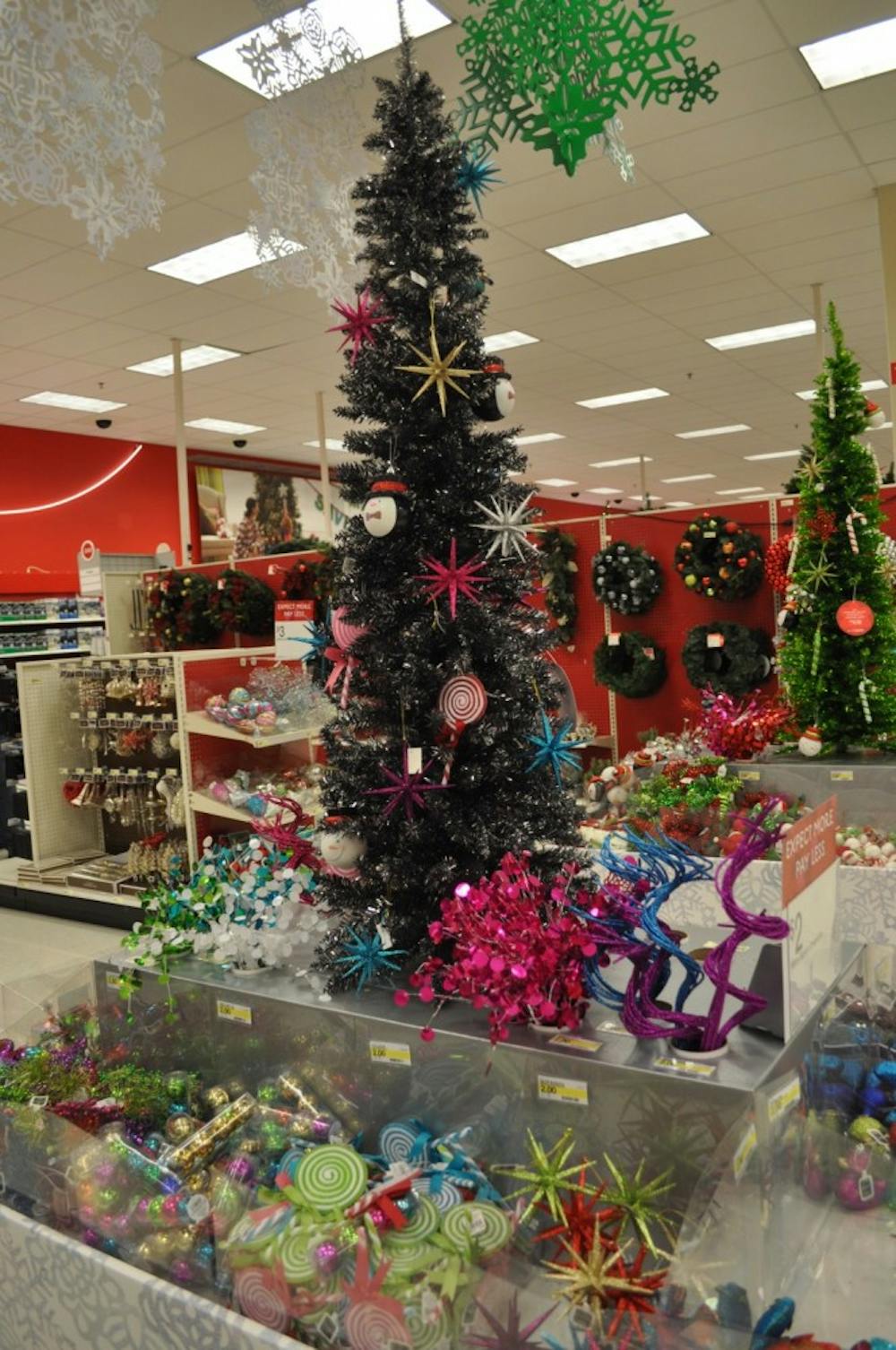Ever wonder why stores push gift cards during the holiday season? It's not because they genuinely want everyone to choose his or her own perfect present. I was once told by a manager it's because Christmas, despite the chaos of Black Friday, BOGO sales and mad rushes for last-minute stocking stuffers, isn't really as profitable as you might think. Revenue may be high leading up to Dec. 25, but the day after Christmas brings in millions of dollars in returns and exchanges.
For almost three years, I worked at a chain clothing store where the impending holidays meant tired feet, staying hours past closing to clean up the mess left by impatient customers rifling carelessly through painstakingly folded shirts and cheesy training sessions on how to sell, sell, sell. I was hired for the holiday season before Halloween and was revolted by Christmas music long before Thanksgiving.
It seems like festive songs and the ads for holiday cheer are pushed up earlier and earlier each year, so much so that Reese's Christmas trees now directly compete with Reese's Halloween pumpkins. There are certainly more pressing issues than feeling forced to stress about holiday shopping for a few months rather than just a few weeks, but it's concerning to see how reliant our holiday happiness has become on the commercialization of Christmas.
The purpose surrounding a once family-oriented religious holiday has transformed into a universal American tradition for the sake of selling more stuff. Increasingly, we see commercials targeted at eliminating the "stress" the holidays cause. Satirical songs like "The 12 Pains of Christmas" score laughs because the inconveniences associated with months of preparation to orchestrate a single day hit close to home for almost everyone.
By extending the season to drive revenues higher, we make the holidays a sad reflection of our consumer-driven societal values rather than a happy, once-a-year occasion to take time to appreciate what we already have, not what's waiting in disguise inside colorfully wrapped packages. We also draw a clear and unavoidable distinction between the haves — those who can afford to buy presents and decorations and take time off from work to spend with family or travel — and the have-nots — those who are forced to work even harder during the holidays to make up for those who don't have to.
Even family celebrations become a chore as hosts and hostesses are expected to impress the relatives with days' worth of cooking, meaning many families spend their holiday cleaning and stressing in preparation for others, including the infamous run-ins with "the in-laws."
Pushing up the holidays is fun for kids who get to spend more time adding to their lists of desired presents, but for the rest of us it puts a monetary value on what should be an intangible sense of community that can't be bought for any amount. And as quickly as the holidays sneak in, they're fast to dart out with close-out prices and shopping malls swamped with sale shoppers getting a head start on next year's decorations.
One year, I worked at the mall from 9 p.m. Dec. 23 to 8 a.m. Christmas Eve. In about 12 hours, the whole season's work of hanging Christmas lights and posters of teens wearing winter white with smiles of holiday cheer was banished to the stockroom to make way for new arrivals. And guess what we started preparing for then? Spring.


